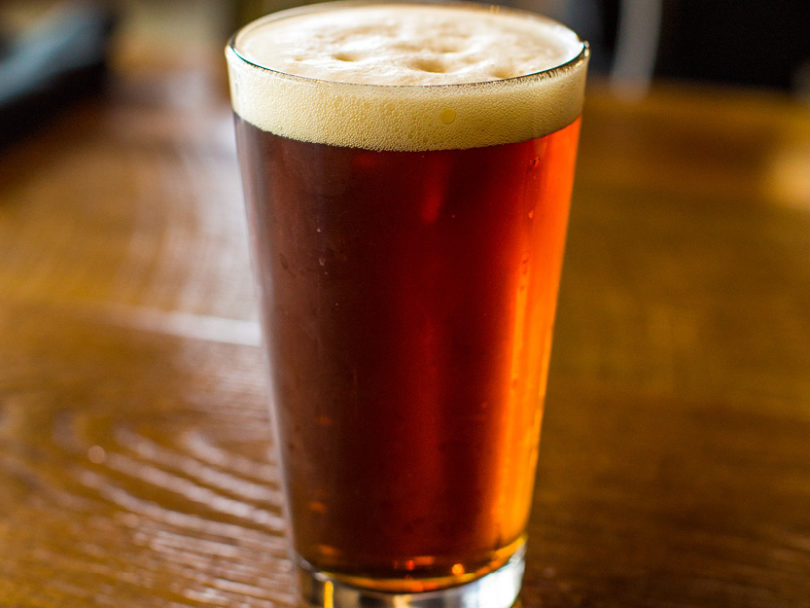Homebrewing has become a popular hobby
Thanks to the rise in popularity of craft breweries, it is now easier than ever to try your hand at brewing your own bottle of beer right at home.
Jonathan Newman, brewmaster for The Virginia Beer Company in Williamsburg, Virginia, first started out as a homebrewer nine years ago.
“This first thing to know is not to be intimidated because it is not hard,” Newman says. “There are lots of resources out there.”
Several books as well as the Internet offer plenty of how-to tips, or you can visit a home-brew shop for advice, and to pick up
a starter kit. The basic equipment you’ll need includes a bucket for fermentation, a pot for boiling ingredients, and bottles for packaging.
“Always use fresh ingredients, fresh malt, fresh hops, and make sure you use enough yeast,” advises Geoff Logan, brewmaster and managing director of Alewerks Brewing Company in Williamsburg.
Cleanliness and safety are also important when home-brewing. You spend a great deal of time cleaning equipment as part of the process.
“Sanitation is the most important part of brewing,” Newman says. “If your equipment isn’t clean, your beer won’t be clean. You aren’t going to produce something that will make you sick or hurt you, but it will taste bad. It will taste sour.”
Homebrew USA is a home-brewing shop with locations in Hampton and Norfolk, Virginia. The shop sells a variety of home-brewing starter kits for beer as well as wine and hard cider, and provides advice on the types of equipment used; cleaning and sanitizing equipment; and ingredients and recipes. Scott Kennedy, a home-brew enthusiast, is manager of the Hampton location of Homebrew USA. He also happens to be the head brewmaster and owner of Brass Cannon Brewery in Williamsburg, Virginia. He offers several safety tips when handling heavy batches of beer.
“Always be careful with hot liquids,” shares Kennedy. “Be careful with glass equipment. Make sure you have good ventilation when you are cooking larger batches with fire or larger burners. You also want to have a good lifting technique. Lift with your knees so you don’t strain your back.”
Newman agrees.
“Glass jugs can crack and break, and a big piece of glass can cut you,” Newman says. “You want to use good common sense.”
But be sure to also enjoy it as you experiment. Home-brewing, says Newman, “is an easy hobby and a fun hobby. It is something that you can take as serious or as casual as you want. It’s a slippery slope because once you start, you get hooked. I got serious about it really quickly.”
For more information, visit homebrewusa.com.

